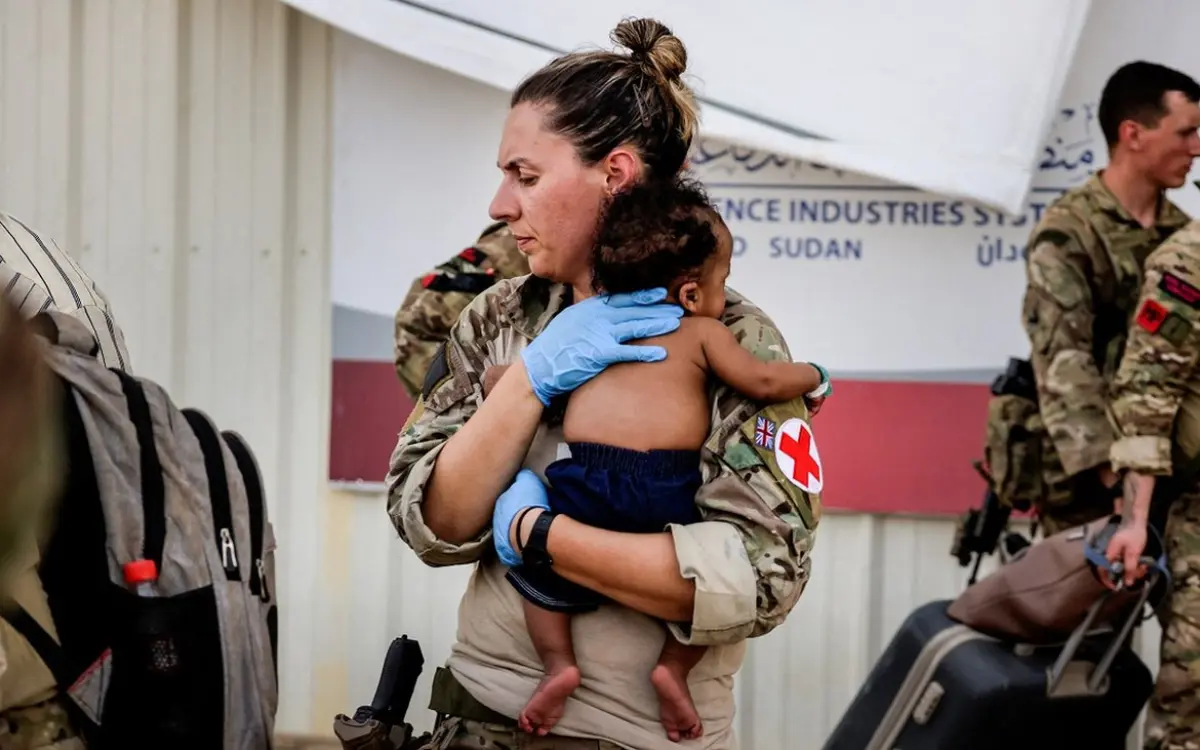UK (Parliament Politics Magazine) – Charities warn UK’s proposed 20% Global Fund cut could cause 300,000 preventable deaths, threatening progress against aids, TB, and malaria.
As reported by The Guardian, charities warn UK plans to cut aid to a key global fund could cause more than 300,000 preventable deaths.
How the UK’s aid cut could reverse progress against aids, TB, malaria?
Britain is set to cut its Global Fund contribution by 20% to fight Aids, TB, and malaria, a move expected to be confirmed at next month’s G20 summit in South Africa, which Prime Minister Keir Starmer will attend.
After a 30% UK contribution cut in the previous funding round, aid groups warn that another reduction could set back years of progress in fighting the disease, especially following US aid cuts under Donald Trump.
Ahead of the Global Fund’s 2027-29 summit, charities say ministers are debating a proposed UK funding cut from £1bn to £800m, with no decision yet made.
If approved, the move would follow a 25% reduction in UK funding for the highly efficient Global Alliance for Vaccines and Immunisation (Gavi). Despite concerns, the UK’s five-year £1.25bn pledge to Gavi was higher than many aid agencies had feared.
The Global Fund has saved millions, but a £200m UK cut could cause 340,000 deaths and 5.9 million infections.
Gareth Jenkins’ views on the UK cuts to the Global Fund
Gareth Jenkins, an executive director at Malaria No More UK, stated,
“The world stands on the brink of a malaria resurgence, which will be so much more likely triggered if the UK makes a cut to its contribution to the Global Fund.”
She added,
“In this scenario many more children will lose their lives, health systems will be overwhelmed and economies dragged down – with huge knock-on effects for UK trade and health security.”
What did Mike Podmore and Adrian Lovett say about the UK cutting Global Fund aid?
Mike Podmore, CEO of StopAids, warned that the UK’s planned funding reduction sends a “terrible message” while the nation co-hosts the upcoming Global Fund event.
He added,
“Not only did the UK already make a 30% cut three years ago, but to date no host has ever reduced their commitment from their previous pledge. This would represent a serious lack of leadership and undermine the UK’s reputation and soft power.”
Adrian Lovett, UK head of the development campaign One, said the cut could endanger decades of progress against Aids, TB, and malaria, while also threatening health security at home.
What did Monica Harding say about the UK cutting Global Fund aid?
Monica Harding, Liberal Democrats’ international development spokesperson, said cutting funding as co-host would undermine the UK’s “global leadership in diplomacy and development.”
She added,
“Stepping back now and reducing our contribution to the fund at a time when the United States is abandoning vaccination programmes wholesale would be devastating to some of the world’s most vulnerable people. It would risk undoing much of the progress we have made in the global fight against disease.”
What risks did the FCDO highlight from reducing the UK aid budget?
The Foreign, Commonwealth and Development Office’s equality assessment shows Labour’s aid cuts will harm children’s education and increase disease and death in parts of Africa.
The assessment said equalities were considered, yet bilateral projects in several countries, including education and health, face cuts.
It stated,
“In Africa, spending is reduced in women’s health, health systems strengthening, and health emergency response, eg, in the Democratic Republic of Congo (DRC), Mozambique, Zimbabwe, Ethiopia.”
The assessment concludes,
“Overall, any reductions to health spending risk an increase in disease burden and ultimately in deaths, impacting in particular those living in poverty, women, children and people with disabilities.”
The government’s own assessment finds education cuts in Ethiopia, Sierra Leone, Nigeria, and Zimbabwe, with a girls’ education programme in DRC closing early in 2025-26.
It added,
“Adverse impacts on children will be likely, including the most vulnerable and children with disabilities, eg the early closure of the DRC education programme will have negative impacts on 170,000 children in post-conflict rural Kasai.”
What did Jenny Chapman say about the UK’s new aid approach?
Jenny Chapman, the development minister, stated,
“We are modernising our approach to international development. Every pound must work harder for UK taxpayers and the people we help around the world and these figures show how we are starting to do just that through having a clear focus and priorities.”
She added,
“The UK is moving towards a new relationship with developing countries, becoming partners and investors, rather than acting as a traditional aid donor.”
Why the UK is cutting foreign aid to boost defence spending?
Britain plans to cut its foreign aid budget from 0.5% to 0.3% of GNI to fund an increase in defence spending to 2.5% of GDP by 2027. The government says the move reflects a modernised approach, prioritising partnerships and multilateral organisations with proven impact.
Traditional aid will shift towards investment and strategic focus areas where the UK can make the “biggest difference.” Other major countries are also cutting aid, and the UK says this is a necessary strategic move.


